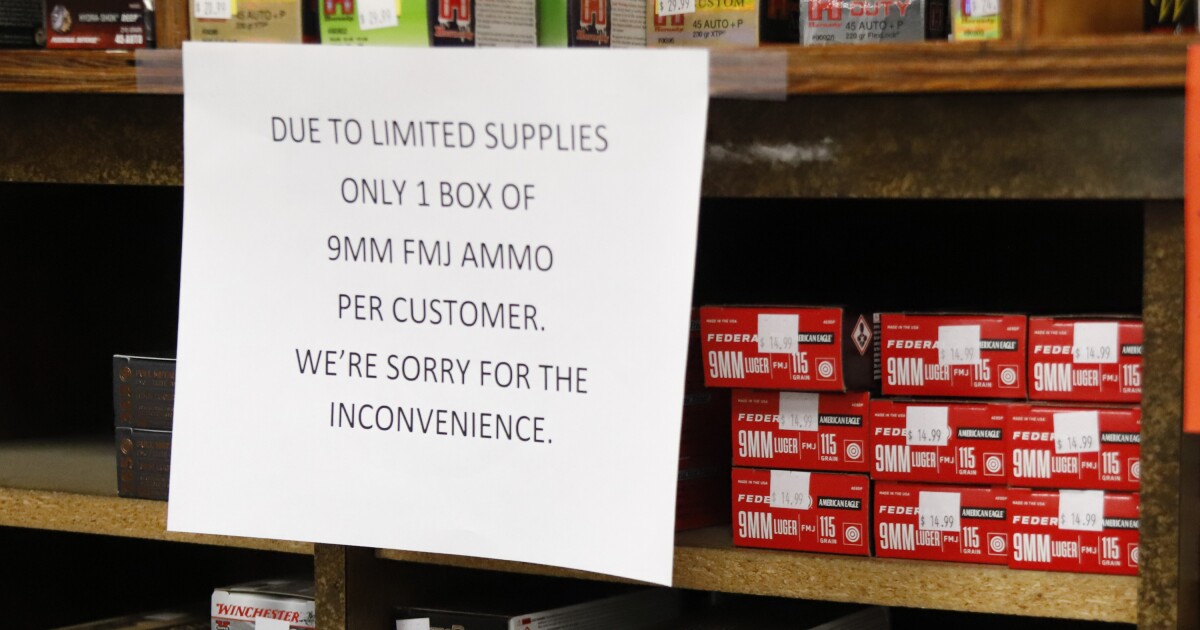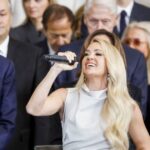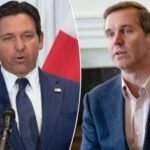

The White House is denying a recent claim from a gun foundation that a limited ammunition ban is under consideration, which would drive the price of legal ammunition higher.
The Biden administration supposedly informed Winchester Ammunition that “the government is considering restricting the manufacturing and commercial sale of legal ammunition produced at the Lake City, Mo., facility,” a spokesman from the National Shooting Sports Foundation told the Washington Examiner on Friday.
A White House official denied the claim.
UKRAINE COULD ‘DEFINITELY WIN’ DEPENDING ON HOW VICTORY IS DEFINED, EXPERTS SAY
Currently, Winchester is allowed to sell surplus ammunition after meeting the military’s needs on the civilian market, but Mark Oliva, the NSSF spokesman, warned that banning the practice would “significantly reduce the availability of ammunition in the marketplace and put the nation’s warfighting readiness at risk. Both NSSF and Winchester strongly oppose this action.”
This practice now represents roughly 30% of the 5.56 mm/.223 caliber ammunition sales.
Earlier this week, a bipartisan group of senators announced they had agreed in principle to the framework of new legislation to instill additional restrictions on guns that may have a chance to be passed in the Senate. Twenty senators, 10 from each party, signed on to the legislation, demonstrating the support it would need to pass the 60-vote threshold.
A White House official told the Washington Examiner that the reports on a possible ban “are way off,” while Oliva warned that the implementation of such a policy “jeopardizes the fragile negotiations of the framework deal that was agreed to by the bipartisan group of senators.”
After mass shootings, such as the ones in Uvalde, Texas, and Buffalo, New York, it is typical that gun owners flock to firearm stores in order to buy weapons over fears of new gun control legislation. That fear also prompts ammunition purchases, which have led to a shortage. Both gun and ammunition manufacturers saw their stocks go up after the Uvalde shooting.
CLICK HERE TO READ MORE FROM THE WASHINGTON EXAMINER
“The typical hypothesis is that this is an exogenous shock, unanticipated, and as a result of a mass shooting, the reaction is there is an expectation that legislative steps will be undertaken to potentially restrict ammunition, access to guns,” Brian Marks, the executive director of the University of New Haven’s Entrepreneurship and Innovation Program, previously told the Washington Examiner.







